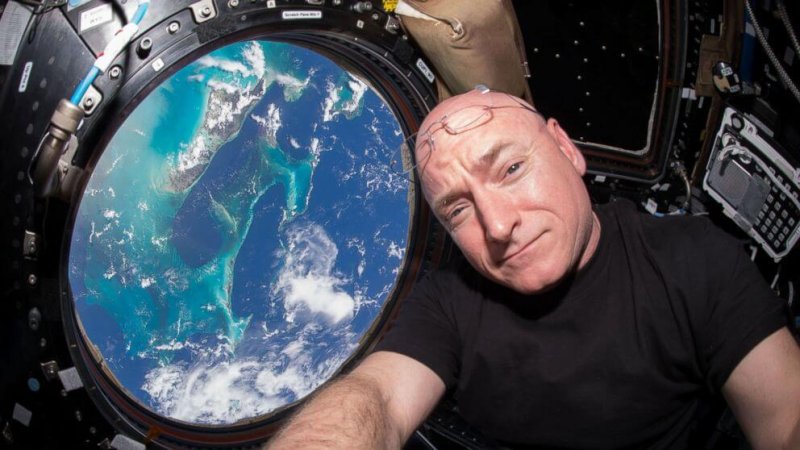When astronaut Scott Kelly returned to Earth after a year floating about the International Space Station, he was noticeably different from his identical twin, Mark Kelly. For one, Scott temporarily grew two inches taller, but NASA scientists expected this space-induced growth spurt. What they really cared about was how Scott changed on the inside.
The brothers participated in NASA’s Twins Study, which compared Mark’s grounded lifestyle to how long-term spaceflight influenced Scott’s bodily functions. In the study’s latest findings, researchers discovered an increase in Scott’s methylation rate, a process that turns gene activity on and off. The team documented thousands of genes switch on and off as soon as Scott entered space.
…
Researchers plan to use tools such as CRISPR-Cas9 and other genetic engineering methods to prevent methylation from causing detrimental genetic effects. They’re also looking at ways to use these same tools after the fact to repair damaged or disrupted cells, [researcher Chris] Mason added.
“The cool thing about this study is that we’ll soon have exact coordinates for the human genome that are at risk due to space travel,” Mason said. “With our current molecular engineering technologies, we can counteract and even repair genes at these points in a matter of days after they’re discovered.”
The GLP aggregated and excerpted this blog/article to reflect the diversity of news, opinion, and analysis. Read full, original post: NASA Twins Study spots thousands of genes toggling on and off in Scott Kelly































